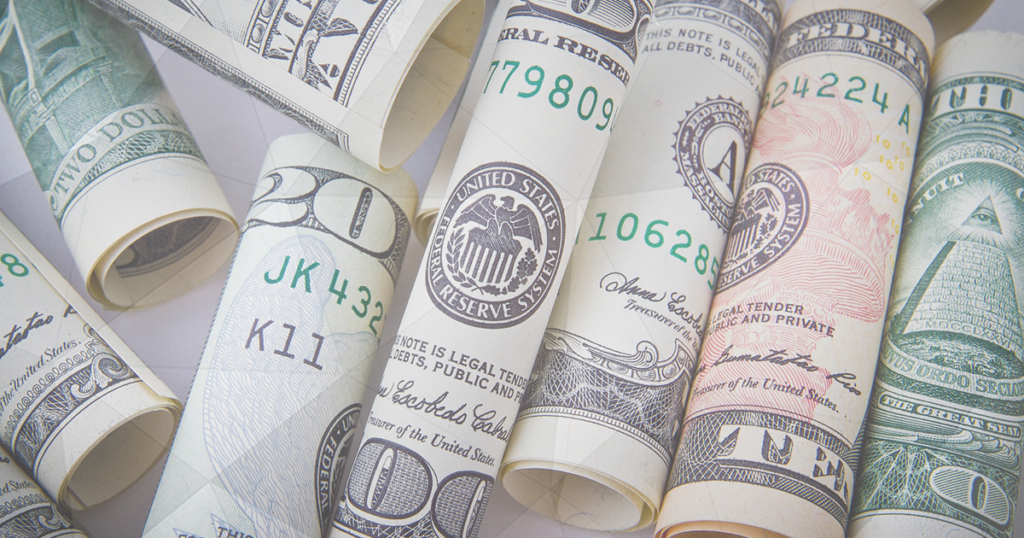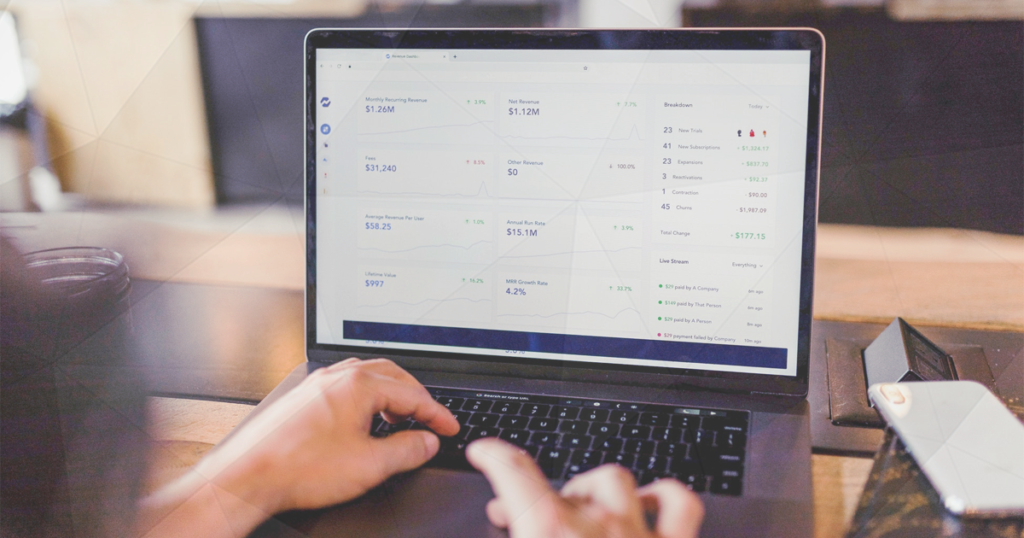Types of Forex Broker: What are They and Which Should You Use?

Forex brokers are an essential component of successful trading. They provide you with the trading platforms and tools required to trade the markets and usually are the first ones to reach out to in times of trouble.
But, how to choose the right broker from the vast sea of choices? What types of Forex brokers are there, and what are some key features to watch out for when picking a broker? We’ve answered those questions in the following article.
What are Forex Brokers?
Forex brokers allow individual traders, like you and me, to trade the financial markets from the comfort of our homes. In the last century, trading was reserved for the big players, like hedge funds, large commercial and investment banks, and wealthy individuals. You had to have millions to qualify as a high-net-worth individual and to have access to global markets.
Fortunately, with the advance of information technology, trading has become accessible to everyone, regardless of their level of experience, income, and education. While this means that you can start trading in as little as a few minutes (how long it takes to open a brokerage account and fund it), it also means that a large number of traders lose money because of their lack of expertise and proper risk management. But we’ll discuss this in another article, let’s stick to brokers here.
As internet access has become widely available, the news is free and almost instant, and trading costs are as low as 1 pip on major pairs, it’s easier than ever to get your feet wet in trading. Some sources estimate that as much as 5% of all trading volume in the Forex market comes from retail traders. Given that this market has a daily turnover of around $5 trillion, it’s easy to recognize how important and widespread retail trading has become.
But, before you place your first trade, you need to have a brokerage account. There are thousands of brokers out there, so choosing the right one is not an easy task, especially if you’re completely new to trading.
A Forex broker is your window to the world of currency trading. Without a broker, retail traders wouldn’t be able to place a trade. Brokers act as a middleman for buy and sell orders by matching your buy order with another sell order, and vice-versa. For their service, they usually charge a small fee in the form of spreads. This will be discussed later in this article after we cover the main types of brokers.
Main Types of Forex Brokers
Forex brokers come in many different flavors. Not all brokers are operating with the same business model, although they perform the same exact task: executing your order.
The two main groups of brokers are Dealing Desk brokers and No Dealing Desk brokers.
Dealing desk brokers are also called market makers, as they create the market for their clients. In other words, whenever you place a buy or sell order, a market maker will “create” the market for you by taking the opposite side of your trade. When you buy, they sell. And when you sell, they buy from you.
Naturally, this creates a perceived conflict of interest, where your losses are practically your broker’s profits. And since brokers have all the data from their clients, including their stop-loss and take-profit levels, this led to the notorious practice called “stop hunting” where a broker creates artificial spikes in the price to trigger their clients’ stop-loss orders. Fortunately, those times are behind us as most brokers are strictly regulated nowadays.
No dealing desk brokers are brokers that have the sole task of matching buy and sell orders within their client base or with the help of external liquidity providers. They don’t take the opposite side of your trade and they don’t create a market for their clients. The market is already there, so all they have to do is to match opposite orders as quickly and efficiently as possible.
No dealing desk brokers can be further divided into ECN (Electronic Communication Network) and STP (Straight-Through Processing) brokers. ECN brokers provide a platform where various market participants can communicate with each other, sending buy and sell orders and matching their orders with the help of the broker’s platform.
STP brokers, on the other hand, have a more active role as they are the ones that are matching orders within a deep pool of liquidity providers, consisting of other traders, banks, hedge funds, prime brokers, etc. Finally, some brokers combine the ECN and STP types to form a hybrid of both business models, called the ECN+STP model.
How to Choose a Broker?
Choosing the right broker isn’t always simple. Traders want quick execution times, stable trading platforms, fast customer support, and protection of their trading capital. It can take days, if not weeks, to go through all the broker offers available. To make your decision at least a little bit easier, here is a quick checklist to perform on each broker that makes it to your shortlist.
Regulation – By far the most important feature of a broker is their regulation. Low trading costs or quick execution times don’t mean much if your broker is unregulated.
The big players in the brokerage industry are regulated by reputable bodies like the Financial Conduct Authority (FCA) in the UK, the Commodities and Futures Trading Commission (CFTC) in the United States, the Australian Securities and Investments Commission (ASIC), the Bundesanstalt für Finanzdienstleistungsaufsicht (BaFIN) in Germany, and the Cyprus Securities and Exchange Commission (CySEC) in Cyprus.
Make sure your broker holds a license from one of those authorities, and rest assured that you’re trading with a well-regulated firm.
Tradeable instruments – The next thing to consider when choosing a broker is their offer of tradeable instruments. Does the broker offer only currency trading? What about indices, stocks, commodities, cryptocurrencies, and bonds? What are the available currency pairs? Are there any exotic currencies to trade, like the Turkish lira or Mexican peso?
Before you start looking at what your broker offers, you need to know what you actually need. Is your primary focus on major pairs, or would you also like to have exposure to precious metals and stock indices?
Model – There are two types of Forex brokers: dealing desk and no dealing desk brokers. No dealing desk brokers can be further divided into ECNs and STPs. Unless you are a huge player, placing large trades then a market-making dealing desk type broker will provide you some certainty around execution and liquidity. STP and ECNs are normally for more experienced traders.
Trading costs – Trading costs are an important factor when choosing a broker, but not the most important one. Never choose a cheap broker over a regulated broker. Trading costs usually come in the form of spreads (the difference between the bid and ask prices), but some brokers may also charge a commission for each traded lot.
Spreads are usually quite tight as retail brokers are operating in a highly competitive industry, with the difference between the bid and ask prices reaching as low as 1 pip on some major pairs. While spreads might not be an interesting topic for swing and position traders, scalpers and day traders should pay attention to keep their costs as low as possible.
Withdrawal and deposit options – Once you’ve found a promising broker that ticks all the boxes mentioned above, it’s time to check what withdrawal and deposit options the broker offers. Usual options include online payment processors, credit and debit cards, and wire transfers. Some brokers will also make it easy to transfer your funds from your existing broker.
Online payment providers and credit/debit cards are usually the fastest and most convenient method to fund your account, while wire transfers can come with a fee and a few days of delay. The same is true for withdrawal options – make sure the offered options are convenient, safe, and cost-effective.
When you first set up with a broker I recommend testing their withdrawal times with a small deposit and withdrawal.
Support – Last but not least, make sure that your broker of choice has around-the-clock trader support. It’s quite stressful to have issues with your trading platform and broker connection while having an open trade that goes against you. Those are the (rare) situations that you need to rest assured that you’ll get help from your broker as fast as possible.
A good way to evaluate your broker’s support is to contact them before opening an account – simply start a chat, send them an email, or call them and ask some questions you might have open the account opening and funding process. More often than not, that first contact will tell you a lot about the broker.
Final Words
As retail traders, we need an online Forex broker to be able to trade the currency markets. There are thousands of brokers to choose from, so it might be an intimidating task to go through some of them and pick the best one, especially if you’re a complete beginner.
Simply make sure that your broker of choice is top regulated, and you’re good to go. Besides regulation, some other features to look for are a wide range of offered instruments, low trading costs, convenient withdrawal and deposit options, and competent customer support.





